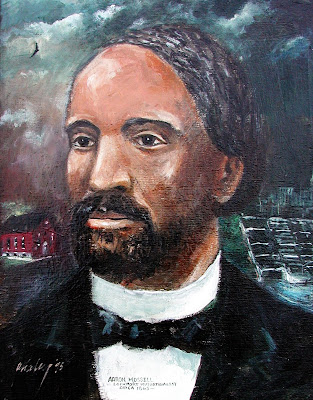
My war years were about 1936 to 1946. I was in college in ’36 and two years of military training was required. ROTC (Reserve Officer Training Core.) The full four years was available for those who wanted to be reserve officers. A very small number took the 4-year course. There were 3 or 4 military officers on campus provided the full training.
The majority of the students didn’t take compulsory 2-year training seriously. At some time during the year, a higher ranked officer would come and test the trainees. The visiting officer was giving the class an oral test. The local officer would sit in the back of the visiting officer and give the answer with hand signals when possible. ha
I finished college in 1940 and was in graduate school at the Ohio State University and working for the local YMCA in Columbus. I had registered at my draft board in Cincinnati. My draft board had passed me up several times because my work was considered vital and important for the stabilization of the home front.
I was married in l942 and was still in school and working at the YMCA. I was offered a bigger and better position at the Pittsburgh YMCA. I told my draft board in Cincinnati, Ohio that I would give them my new address as soon as I got settled there.
I heard from them promptly – not in these exact words, but – “Don’t pack your boxes yet. Things are getting pretty hot over there and if it’s not too much trouble, report to your local recruiting office on the following date, March 3, 1944 or we’ll come and pick you up and it won’t be very pretty. I complied, of course.
There were one hundred guys from all walks of life reporting that day. We had to take most of our clothes off and form a long line for the physical exam.
There must have been a paper shortage because when each doctor finished with you, instead of writing his report on paper, he would mark his report on your body. Each doctor marked passed or failed in his given area. When the exam was complete, we were placed in various groups. Probably passed, failed, or need return for more thorough exam. The group I was in was smaller than the other two. I thought my group was the rejects. My co-workers and friends had given me a big send off party. What will I do if I am rejected?
They finally told us that we were accepted. We formed a long line and the sergeant yelled out, “Anyone who wishes to be in the marines, take one step forward. A few of my group stepped up, but the rest of us were sent to another line. We reported to another desk and were asked “Navy or Army?” As I got near the head of the line, I realized that each man was asked “army or Navy” and regardless of what the recruiter answered, the reply was “Navy it is.” That day every recruit was put in the Navy or marines, regardless of what his answer was. That was fine with me.
Navy was what I wanted. Being a certified swimming instructor, I might have slightly a better chance if the ship flipped over. ha ha
Hold your breath while I recall a few highlights of my experience in boot camp at Great Lakes Naval Training Center in Chicago, Illinois.
(to be continued)
Navy was what I wanted. Being a certified swimming instructor, I might have slightly a better chance if the ship flipped over. ha ha
Hold your breath while I recall a few highlights of my experience in boot camp at Great Lakes Naval Training Center in Chicago, Illinois.
(to be continued)







